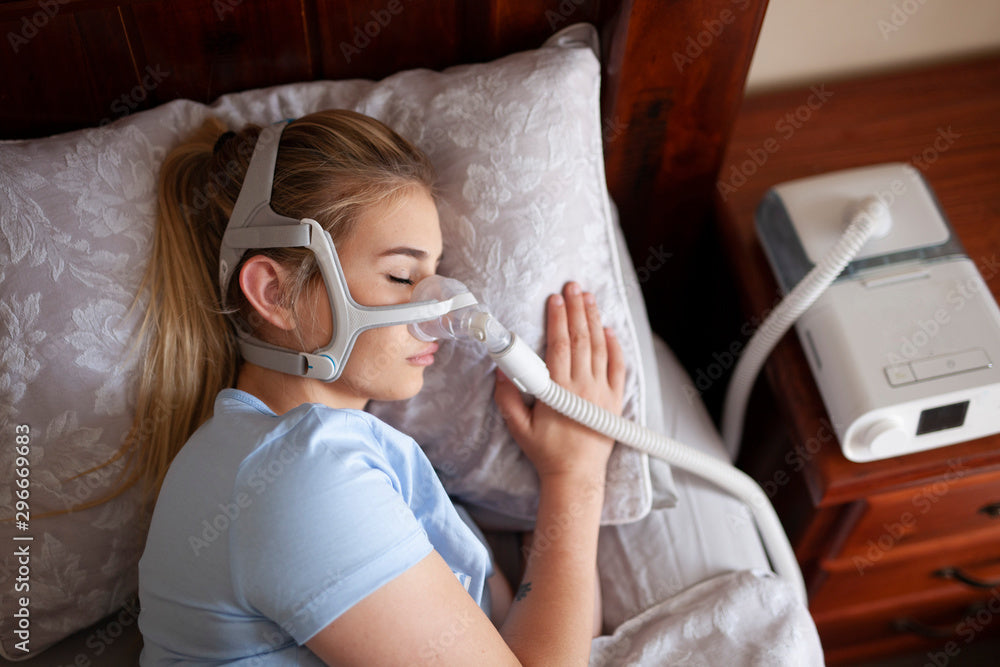Continuous Positive Airway Pressure (CPAP) therapy is a common and effective treatment for sleep apnea, a condition where breathing is interrupted during sleep. However, there are some myths and misconceptions surrounding CPAP therapy that need clarification. Here are some common myths about CPAP and the corresponding debunking:
Myth 1: CPAP is uncomfortable and difficult to use.
- Debunking: While it may take some time to get used to wearing a mask during sleep, modern CPAP machines and masks are designed to be comfortable. There are various mask styles and sizes available to suit individual preferences. Adjusting the straps and finding the right fit can significantly improve comfort.
Myth 2: CPAP is only for severe cases of sleep apnea.
- Debunking: CPAP is commonly prescribed for moderate to severe cases of sleep apnea, but it can also be beneficial for mild cases. The severity of sleep apnea is determined by the number of apneas and hypopneas per hour, and CPAP can be a valuable treatment option for improving sleep quality in various cases.
Myth 3: CPAP cures sleep apnea.
- Debunking: CPAP is a management tool for sleep apnea, not a cure. It helps alleviate symptoms by keeping the airway open, allowing for normal breathing during sleep. Lifestyle changes, such as weight loss, positional therapy, and avoiding certain substances, may also be recommended in addition to CPAP therapy.
Myth 4: CPAP is loud and disruptive.
- Debunking: Modern CPAP machines are designed to be quiet, and many models have noise levels comparable to a quiet whisper. Regular maintenance, such as cleaning and replacing filters, can help ensure optimal performance and reduce noise. Additionally, using a machine with a heated humidifier can minimize noise from air turbulence.
Myth 5: CPAP is only for older individuals.
- Debunking: Sleep apnea can affect people of all ages, and CPAP therapy is suitable for both younger and older individuals. The decision to prescribe CPAP depends on the severity of sleep apnea and individual health factors, not age.
Myth 6: Once you start using CPAP, you can stop anytime.
- Debunking: CPAP therapy is typically a long-term or lifelong treatment for sleep apnea. Discontinuing CPAP use without consulting a healthcare professional can lead to a return of symptoms. Regular follow-ups with a sleep specialist are important to monitor progress and adjust treatment as needed.
It's essential for individuals with sleep apnea and their partners to have open communication with healthcare providers to address concerns and optimize CPAP therapy for better adherence and effectiveness.
